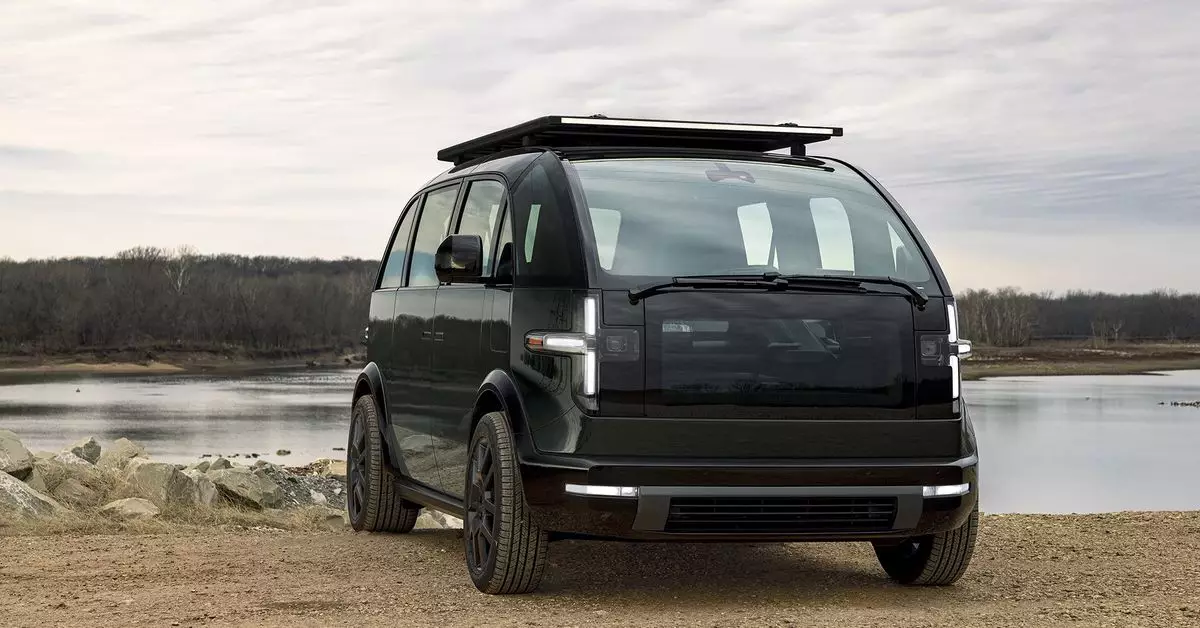Canoo, an electric vehicle startup that emerged with high expectations, has found itself in troubling waters, as reported by TechCrunch. The company, which initially aimed to revolutionize the market with innovative electric vans and trucks, recently took drastic measures by placing a significant portion of its workforce on unpaid leave. Following the furloughing of numerous employees, remaining staff were notified of an impending mandatory break until at least the onset of the new year. This news highlights the ongoing struggles Canoo faces in an increasingly competitive industry.
The company communicated to its employees that, by the end of the week, access to internal systems would be restricted, leaving many to contemplate an uncertain future. Many employees have expressed concerns about the state of their benefits, which are reportedly only secure until the end of the current month. This situation paints a stark picture of an organization grappling with financial instability and operational challenges.
Last week, Canoo shuttered its manufacturing facilities in Oklahoma, a strategic pivot aimed at conserving resources while it endeavors to secure the necessary funding for vital operations. Alarmingly, the startup disclosed that it was down to approximately $700,000 in liquid assets, a figure that begs the question of sustainability in an industry where high capital is essential. Investors have understandably responded with skepticism, especially in light of Canoo’s revelation of an emergency reverse stock split, aiming to maintain compliance with Nasdaq’s listing requirements. This tactic often raises eyebrows among investors, leading them to question the long-term viability of the business.
Canoo’s attempt to consolidate its stock—from 20 shares to one—seems aimed at rekindling interest among a broader base of institutional and retail investors. However, past actions suggest that this may be merely a band-aid solution rather than a sustainable strategy. The electric vehicle sector is rife with competition, and any hesitation from current or potential investors can lead to further challenges for Canoo.
Canoo was founded in 2017 with ambitions of targeting adventurous customers seeking electric vehicles tailored for their lifestyles. However, it seems that instead of gaining traction with the consumer market, Canoo has primarily produced vehicles tailored for government contracts, a deviation from its original mission. Analysts have consistently cautioned about the startup’s precarious financial position, which has seen it teetering on the brink of insolvency since 2022.
The departures of key executives, including all of its founding members and high-level management such as the CFO and general counsel, reflect internal turmoil. Such frequent leadership changes can destabilize a company, leading to uncertainty in both strategic direction and morale among employees.
Canoo’s current situation underscores the intense pressures facing electric vehicle startups in a fast-evolving market. The challenges of securing funding, maintaining operations, and instilling confidence among investors and consumers reverberate throughout the industry. In these uncertain times, Canoo must streamline its strategies, redefine its core mission, and ultimately establish a sustainable path forward to overcome its financial and operational challenges. The coming months will be crucial for the company to navigate these adversities and determine its future in the competitive EV landscape.

